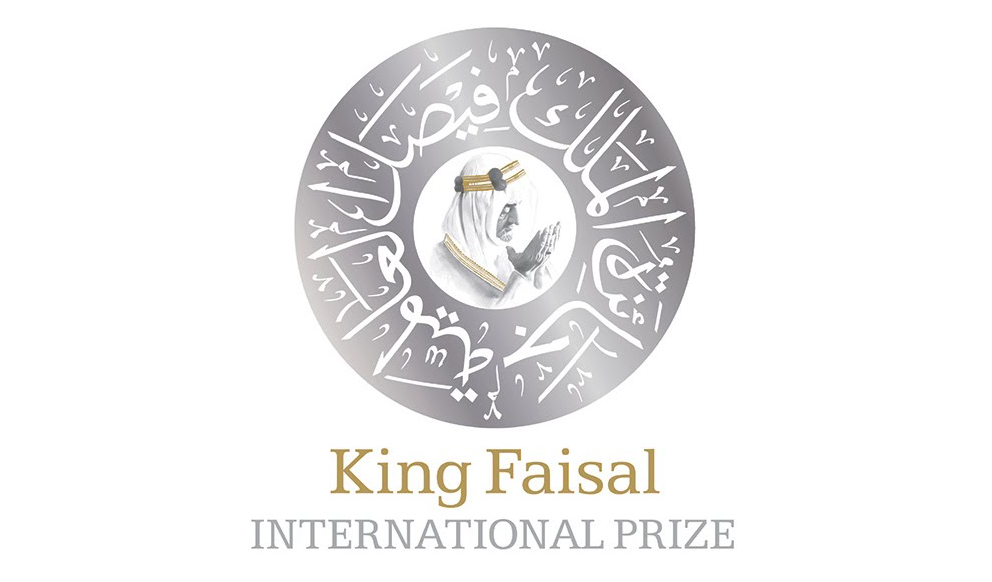
King Faisal International Prize begins evaluation of nominations for 40th session of award
King Faisal International Prize (KFIP) General Secretariat has set in motion an elaborate process of review of nominations for the 40th session of prestigious award 2018 in all five categories: Service to Islam, Islamic Studies, Arabic Language & Literature, Medicine, and Science. The Secretariat was receiving nominations up until the 1st of April 2017.
Every year, the Secretariat invites Islamic organizations, scientific institutions, universities, research centres from all around the world to nominate the qualified candidates for each of the five categories. After receiving all the nominations, the Secretariat forms expert committees in each category of the award to go through the nominations and ensure compliance with the prize’s general conditions and precise standards. Qualified nominees are then shortlisted.
The shortlisted nominations are sent to select leading international referees who are competent in each category of the award for evaluation, submission of comprehensive reports on each candidate and recommendations. Then the Secretariat forms autonomous Selection Committees for each prize category, comprising renowned scientists in their own field. The committees decide to award or withhold the prize based on the highest standards of neutrality and transparency.
In the 39th session of the award, Custodian of the Two Holy Mosques King Salman bin Abdulaziz Al-Saud of Saudi Arabia received the King Faisal International Prize 2017 for Service to Islam for his outstanding services to Islam and Muslims. Prizes in the other categories were given to Professor Ridwan Al-Sayyid from Lebanon (Islamic Studies); the Arabic Language Academy of Jordan (Arabic Language and Literature); Professor Tadamitsu Kishimoto from Japan (Medicine); and Professor Daniel Loss from Switzerland and Professor Laurens Molenkamp from the Netherlands, who shared the Prize in the Science category for their contributions to Physics.
King Faisal International Prize has for the last four decades been awarded to 253 laureates, many of whom have later become recipients of other prestigious global awards, highlighting the accurate international standards adopted by the award in its selection process. The award has been bestowed on 56 scientists from the fields of Physics, Chemistry, Biology and Mathematics since 1984 as well as 66 researchers from the field of medicine since 1982. Besides, winners of the distinguished prize have emerged from 44 nationalities, pointing to its extensive global reach to academic and scientific circles and unbiased approach in recognizing outstanding contributions for the progress of humanity.





















